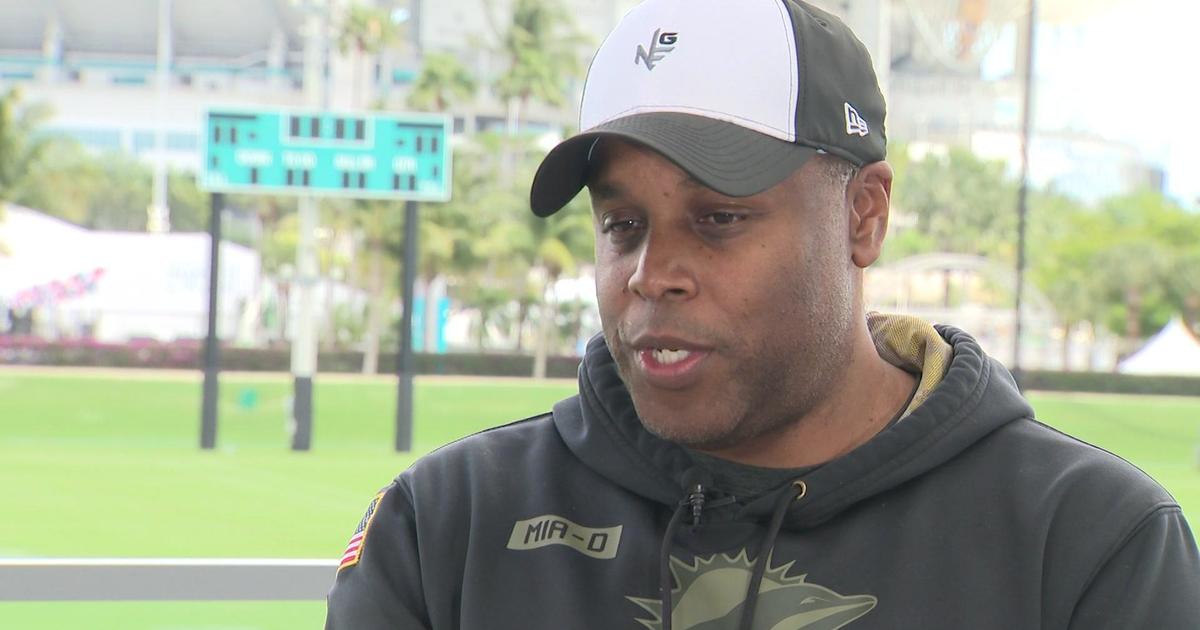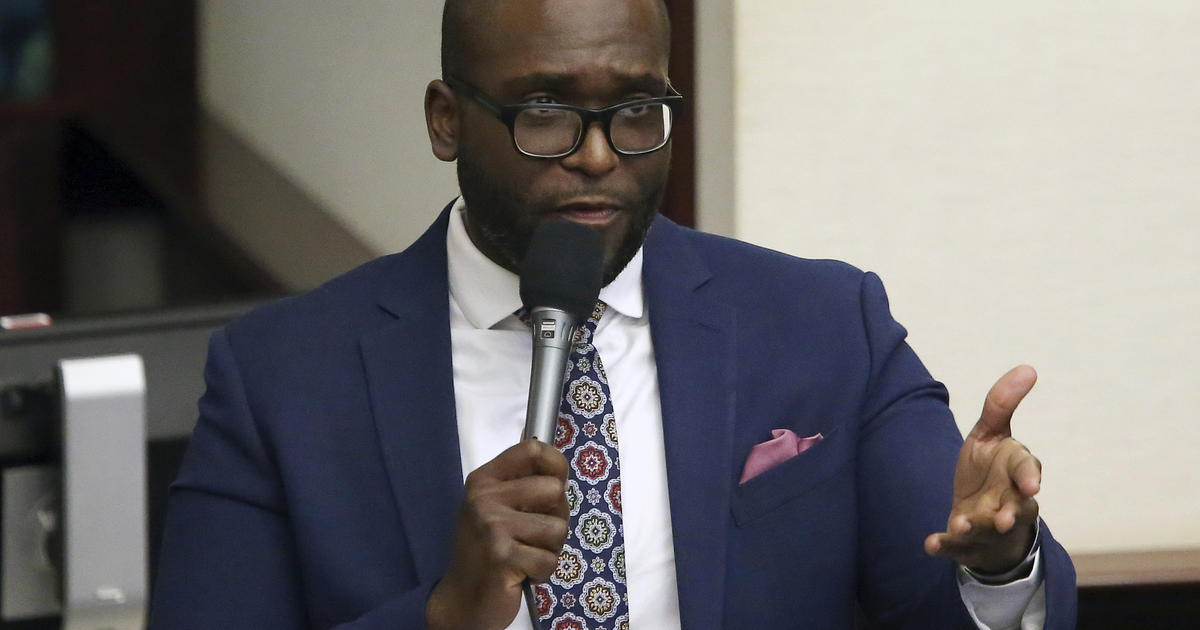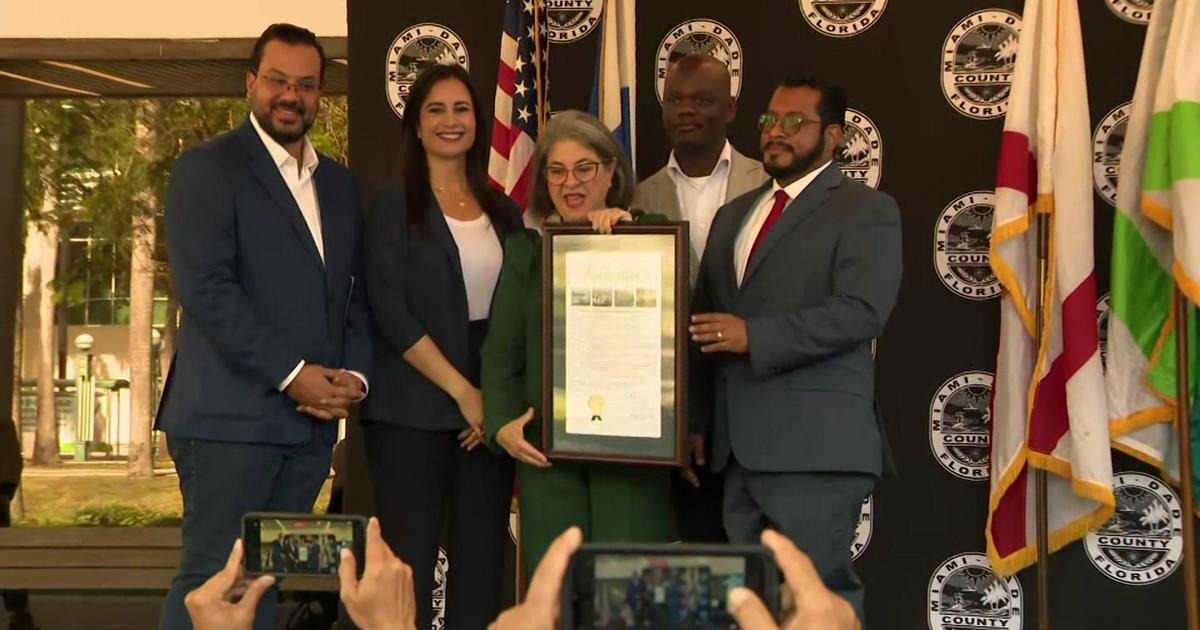CBS4 Investigation Leads To Miami-Dade Unanimously Passing New Law
MIAMI (CBSMiami) - The Miami-Dade commission introduced an ordinance Tuesday intended to reduce the number pool deaths by electrocution.
The vote is the first of two that would change the way pools are constructed countywide and stems from a CBS4 investigation into four children shocked in pools earlier this year.
The decision is essentially telling the rest of the State of Florida current pool laws on the books are not good enough. In a state with more than a million pools, many counties will likely be looking to copy what Miami-Dade is doing, to prevent further tragedies.
Our investigation started in April with Calder Sloan. The 7-year-old boy, known as Mr. Awesome, was electrocuted as he swam in his pool. Days later, across town, surveillance cameras captured the chaos at the Palms West apartments in Hialeah. Three children were pulled from their pool when a pump sent an electrical charge into the water.
Miami-Dade Commissioner Jose "Pepe" Diaz said, "People are scared to get into their pools. After they see the death and the near-deaths of the children that were, thank God to the father and the people who saved the children. We don't want any more of that." Neither did we. CBS4 investigated what happened and discovered a host of pool maintenance issues--but the biggest revelation was the law. In Florida, there are two standards for safety: one for commercial pools and one for private pools.
After the story aired, a number of people started checking their pools and having professional inspections done.
Irv Chazen with Custom Pools helped explain the differences.
"It opened the eyes of pool owners and future pool owners to the possibility of death and injury in pools. You had a great deal to do with saving lives," Chazen said.
Chazen helped us boil down what differences between living and dying when shocked in a pool—it comes down to voltage and amps. Commercial pools are required by law to have low voltage lights in the pool.
In private pools that's optional.
"It's the difference between life and death," Chazen explained. Because of the low voltage system in Hialeah, the children lived. In Calder Sloan's private pool, when safety systems failed, it was likely high voltage that killed him. Chris Sloan, Calder's father, says he had a low voltage system but due to a number of failures it appears it did not operate correctly, along with a host of other issues.
CBS4's investigation not only caught pool owners' attention, but that of commissioners.
Miami-Dade Commissioner Sally Heyman applauded our reports.
"You took a travesty and you proceeded to take the facts and variables of it and bring it to the people's attention and said this should not happen to you and here's what you can do about it," said Heyman.
Commissioner Audrey Edmonson decided to take action by proposing a new law.
"This one step can be the first step toward improving and saving a lot of live," Edmonson said.
Edmonson's new law would require all Miami-Dade pools, not just commercial ones, to have low voltage systems installed. Also any pools being updated would need to be low voltage as well. Miami-Dade commission unanimously passed Edmonson's ordinance Tuesday morning.
The Associated Swimming Pool Industries of Florida gave the Commissioner a plaque for stepping up.
"It's going to prevent death, tragedy and electrocution in every single pool that is built hence forth," Chazen said.
Calder Sloan's death may have been tragic, but commissioners agreed unanimously Tuesday it was an opportunity to change the future.
"From it we have the potential to do good," Commissioner Heyman said.
Calder Sloan's dad, Chris, has said he would support this ordinance and any others like it. He is expected to speak in support of the law when it comes up for a second and final vote later this year. If all goes according to plan, all new pools in 2015 would have to be low voltage.
The law would apply only to Miami-Dade pools. They are essentially making an addition to the Florida Building Code, much like they did following Hurricane Andrew. There is a hope that other counties and the state will eventually follow Miami-Dade's lead.
Click here to watch the report.
RELATED CONTENT:



